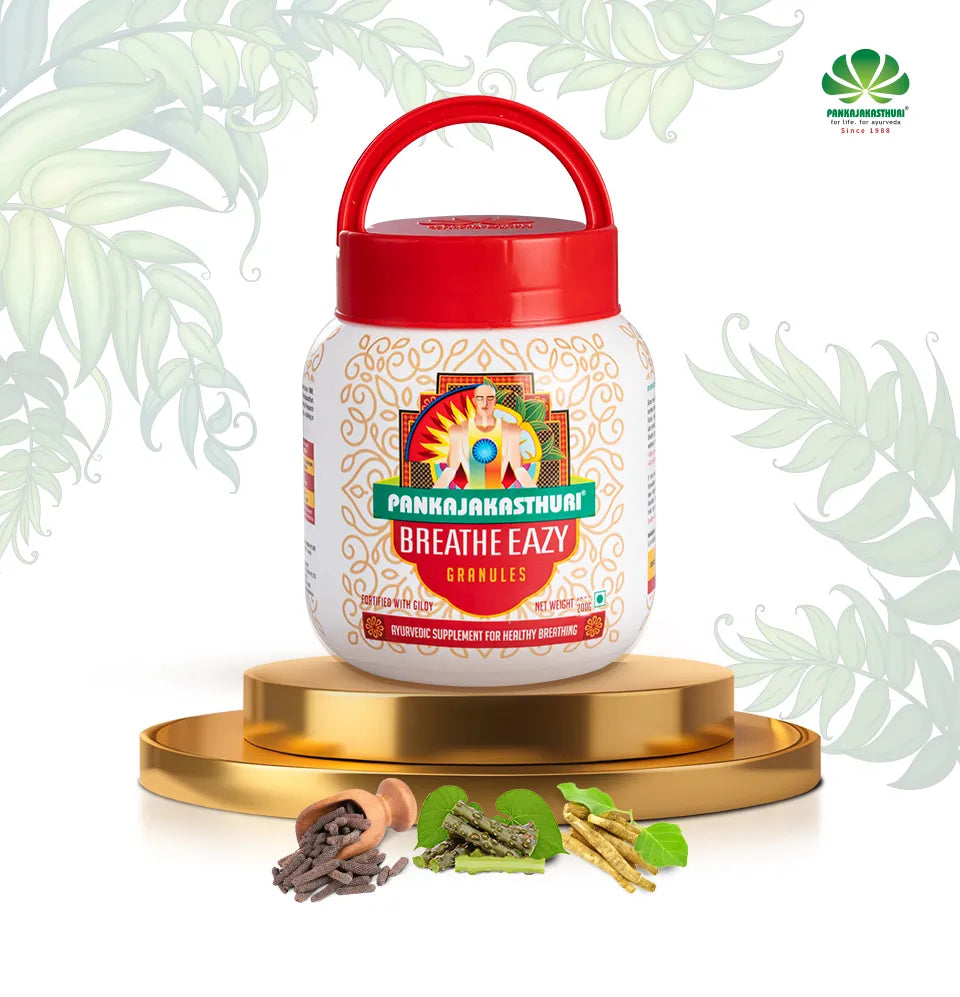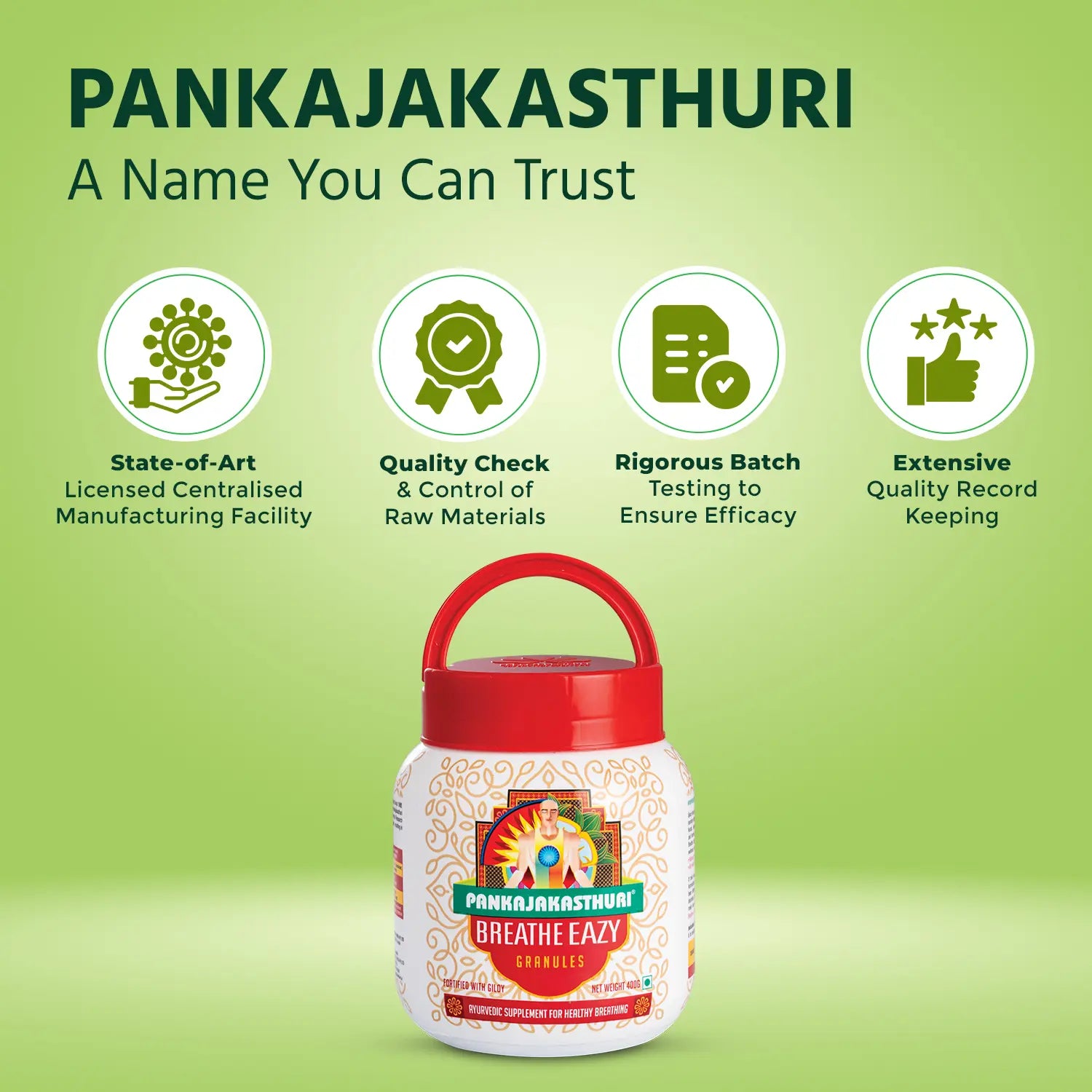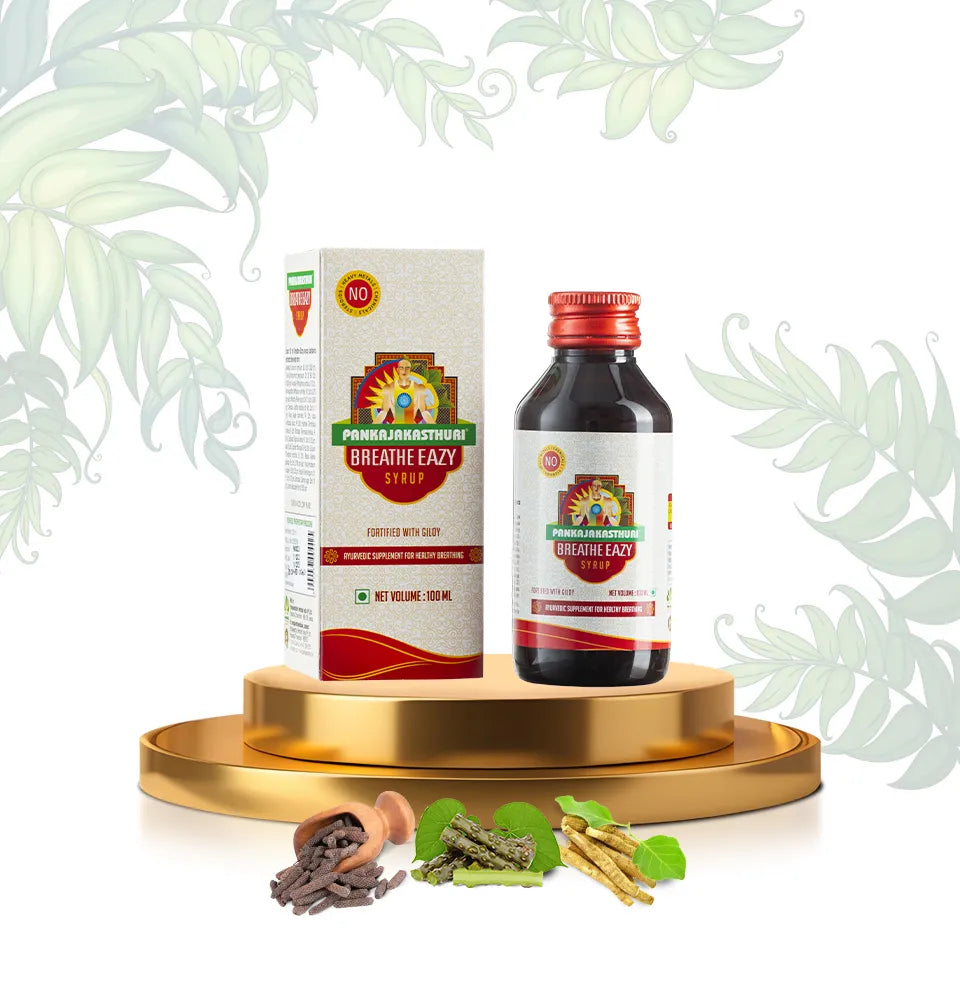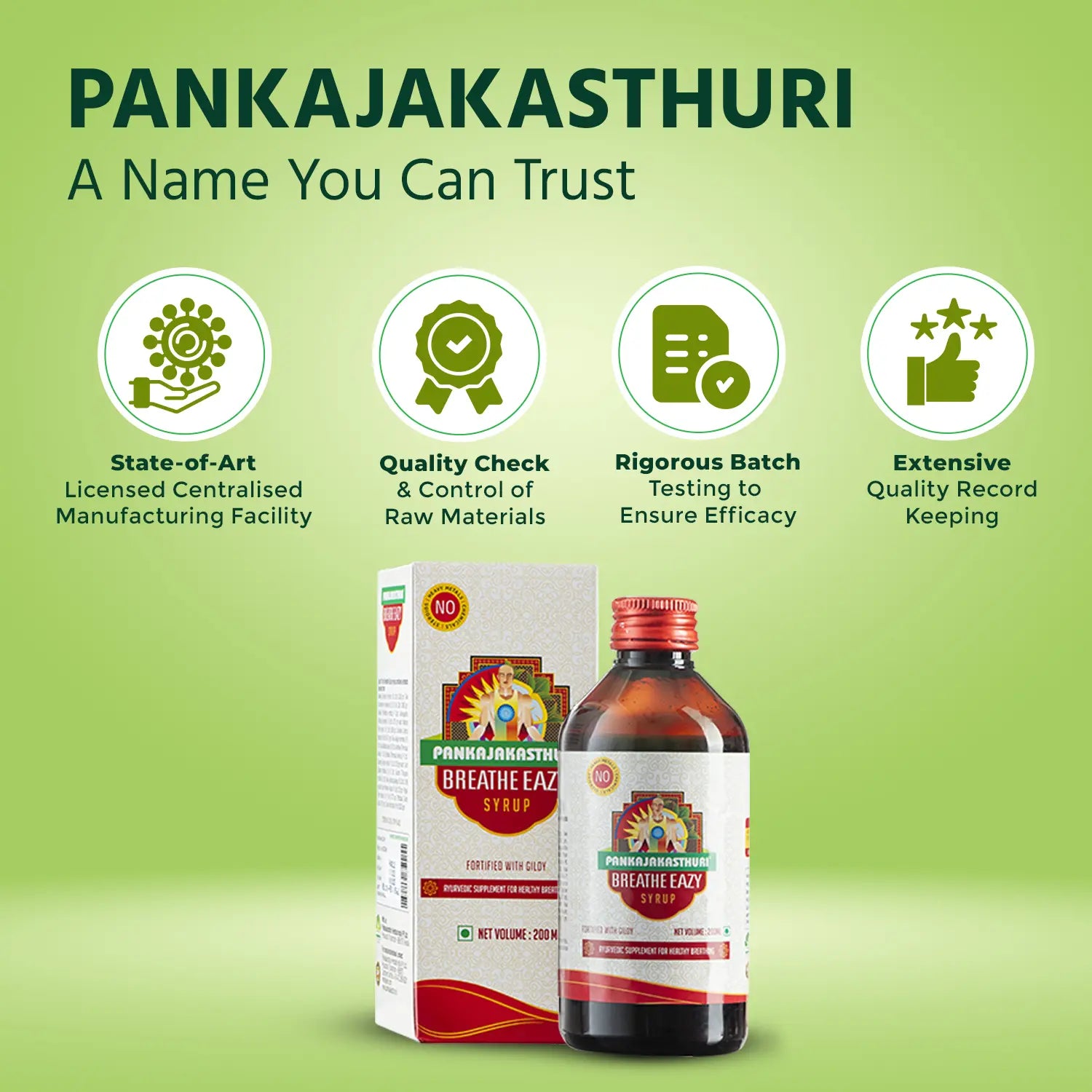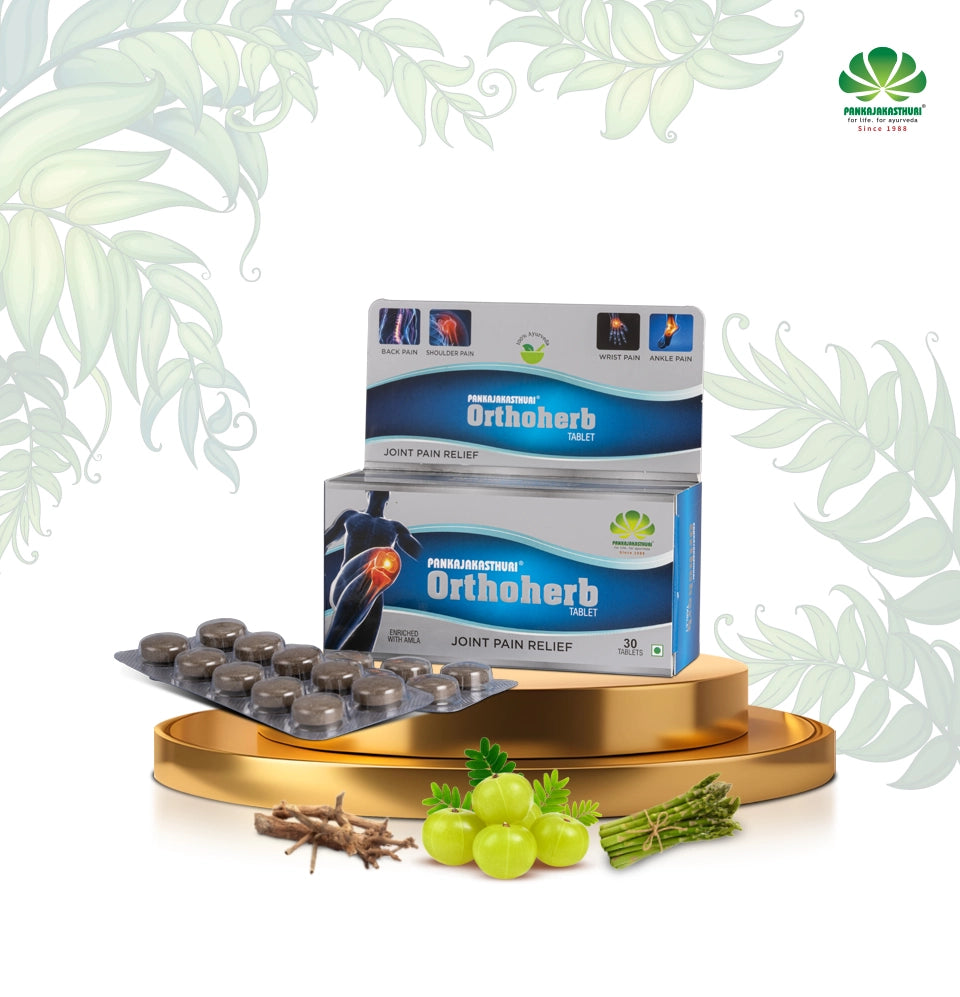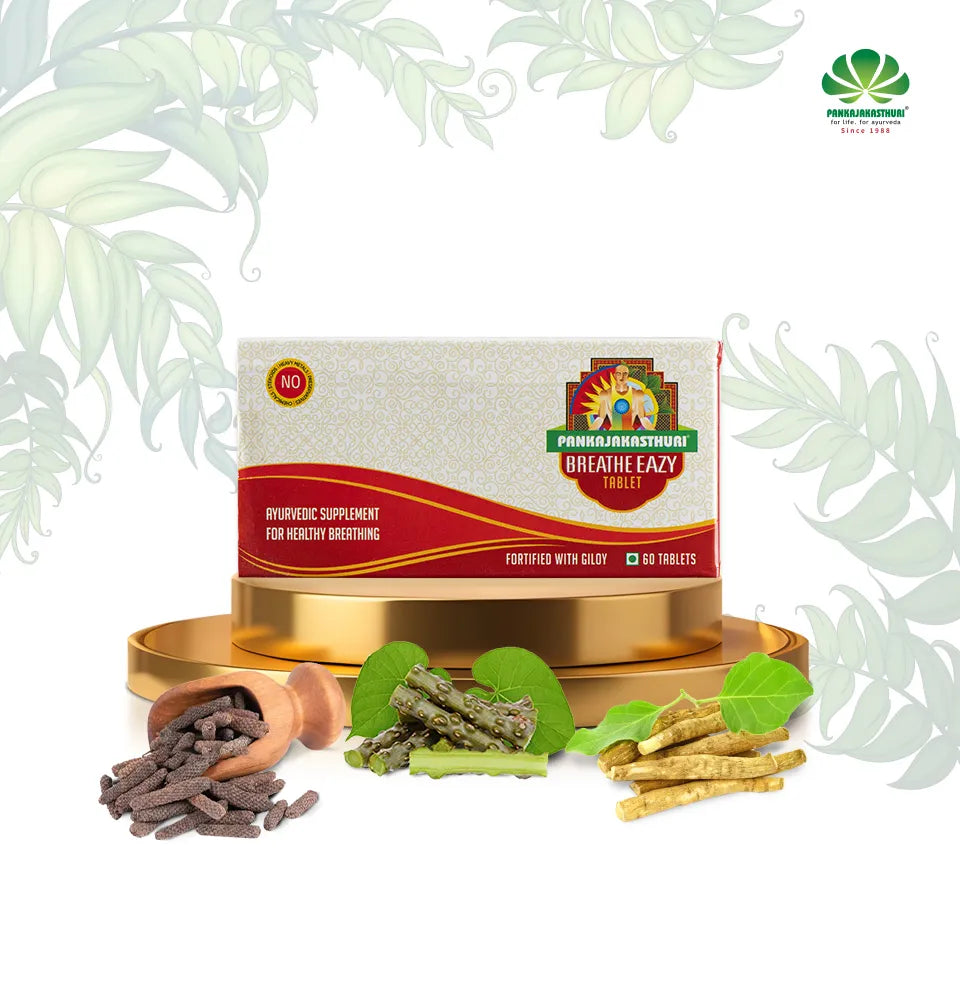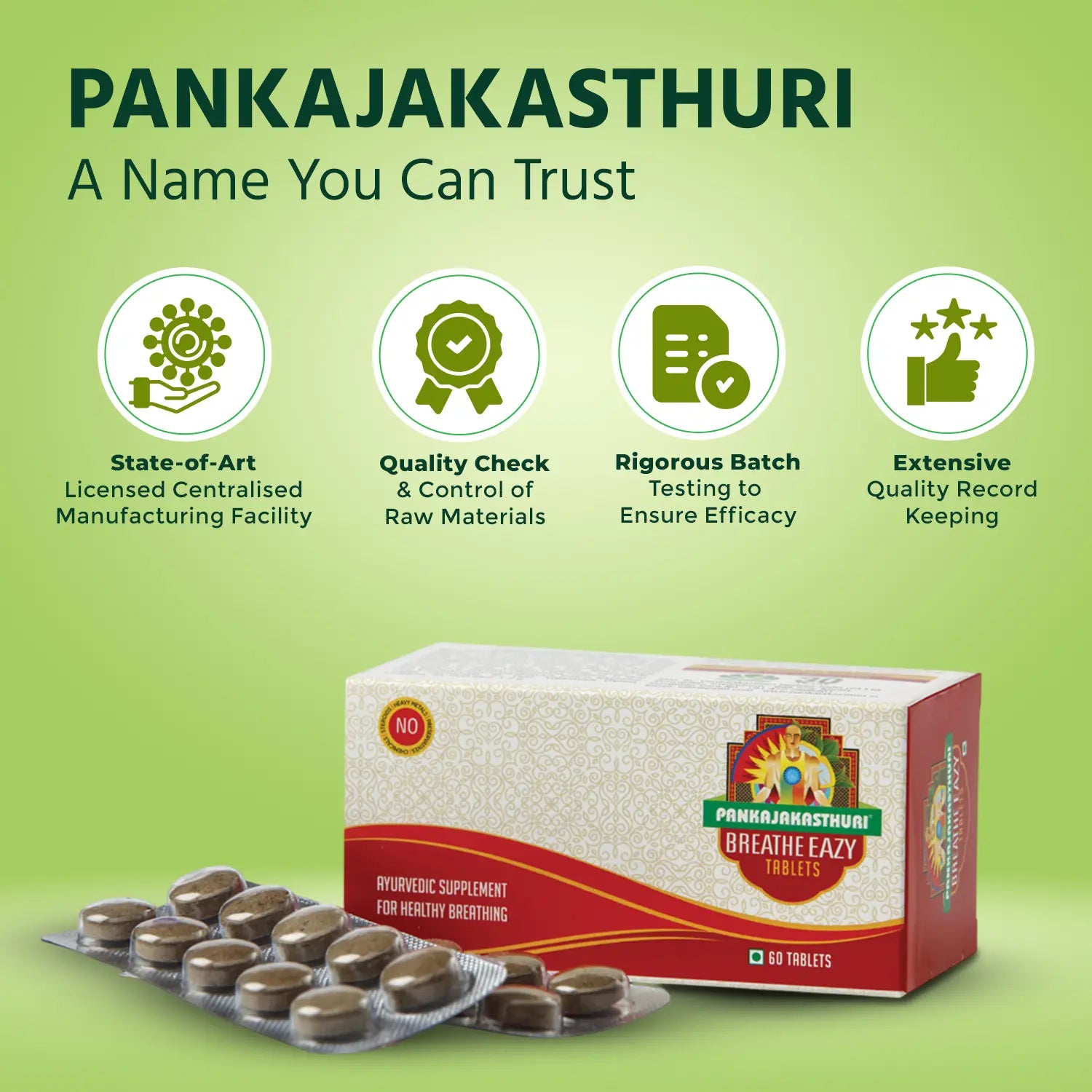
Ayurvedic Love: Herbs & Rituals for a healthy heart, emotional wellness and relationship harmony

As we celebrate this Valentine’s Day, it's the perfect time to nurture our heart, both physically and emotionally. Ayurveda, the ancient Indian system of medicine offers holistic solutions that address the body, mind and spirit. With its deep connection to nature, Ayurveda provides rituals and herbs that can support heart health. emotional wellness and relationship harmony. Let’s explore the best Ayurvedic herbs for a healthy heart - the wisdom Ayurveda offers on emotional wellness and relationships and simple self-care rituals to foster holistic well-being.
A) Best Ayurvedic Herbs for Heart Health
Maintaining a healthy heart is essential for long-term well-being. Ayurveda’s natural approach emphasizes herbs that promote circulation, reduce stress and strengthen the cardiovascular system. Here are some of the best Ayurvedic herbs for a healthy heart:
-
Arjuna (Terminalia arjuna)
-
Known as the “heart tonic” in Ayurveda, Arjuna strengthens heart muscles, reduces cholesterol and helps regulate blood pressure. It also promotes improved circulation and prevents plaque buildup in the arteries.
-
Ashwagandha (Withania somnifera)
-
This adaptogenic herb is a powerhouse for reducing stress, which is often a key contributor to heart disease. Ashwagandha supports overall cardiovascular function and can help regulate blood pressure, improving heart health.
-
Brahmi (Bacopa monnieri)
-
Known for its ability to improve mental clarity and circulation, Brahmi helps reduce oxidative stress and inflammation. By supporting healthy blood pressure, it plays an important role in heart health.
-
Guggul (Commiphora mukul)
-
Guggul is effective in lowering harmful LDL cholesterol and triglycerides. It also improves elasticity of blood vessels and reduces plaque formation, making it beneficial for cardiovascular health.
-
Turmeric (Curcuma longa)
-
With its powerful anti-inflammatory properties, turmeric helps prevent blood clots and plaque buildup. It supports overall cardiovascular health and enhances circulation, making it a valuable herb for the heart.
-
Garlic (Allium sativum)
-
Garlic is well-known for its ability to lower cholesterol, reduce blood pressure, and improve blood circulation. Its natural blood-thinning properties make it a valuable addition to a healthy lifestyle.
-
Moringa (Moringa oleifera)
-
High in antioxidants, Moringa helps reduce cholesterol and blood sugar levels, preventing heart diseases. It also supports circulation and boosts overall heart function.
These Ayurvedic herbs offer natural, holistic ways to strengthen the heart and improve cardiovascular health. Incorporating them into your routine—whether in the form of tea, supplements or culinary use—can significantly support your heart health.
B) Ayurveda’s Take on Emotional Wellness & Relationships
Heart health isn't just about physical wellness; emotional and relational health are equally important. Ayurveda provides profound insights into emotional wellness and how it affects our relationships. The system believes that a balanced emotional state fosters harmony in the heart, mind, and relationships. Ayurveda recognizes that emotions influence our doshas (Vata, Pitta and Kapha), which shape our behaviors, thoughts and reactions.
-
Emotional Wellness in Ayurveda
-
Vata (Air & Space): Vata individuals may be prone to anxiety, fear and overthinking. Grounding practices such as meditation, routine and warm / nourishing foods can help calm Vata imbalances.
-
Pitta (Fire & Water): Pitta personalities may struggle with anger and irritability. Cooling activities, such as spending time in nature and consuming cooling foods, can help restore balance.
-
Kapha (Earth & Water): Kapha types may experience depression and lethargy. Stimulating activities like exercise, social interactions and a light diet can help elevate their mood and energy.
-
Mental Agni (Digestive Fire of the Mind) Just as the body requires a strong Agni (digestive fire) to process food, the mind needs Agni to process emotions and thoughts. When mental Agni is weak, emotional disturbances like stress and anxiety arise. Ayurveda suggests practices such as meditation, herbal remedies and pranayama (breathing exercises) to maintain mental Agni and promote emotional resilience.
-
The Three Mental Qualities: Sattva, Rajas and Tamas
-
Sattva (Balance & Purity): Leads to peace, wisdom and joy.
-
Rajas (Activity & Passion): Can lead to restlessness, ambition and agitation.
-
Tamas (Inertia & Darkness): Results in laziness, confusion, and depression.
By cultivating a Sattvic lifestyle—through positive thinking, mindful eating and spiritual practices—you can enhance emotional wellness and achieve inner balance.
C) Ayurvedic Practices for Strengthening Relationships
Ayurveda also provides tools to enhance relationships by understanding each person’s dosha. Healthy relationships are rooted in mutual understanding, emotional balance, and shared growth. Here are some Ayurvedic practices to strengthen relationships:
-
Understanding Your Partner’s Dosha
-
Knowing your partner’s dosha helps create a balanced relationship. For example, Vata and Kapha may complement each other, with Vata bringing creativity and Kapha providing stability. Understanding each other's needs fosters harmony and reduces conflict.
-
Emotional Balance in Relationships
-
Practice Ahimsa (non-violence) by speaking and acting with kindness and patience. Develop emotional agility by recognizing and expressing emotions healthily. Engage in mindfulness to respond with wisdom instead of reacting impulsively.
-
Ayurvedic Practices for relationship harmony
-
Self-Love & Inner Work: Cultivate self-awareness and self-care before seeking a healthy relationship.
-
Abhyanga (Oil Massage): A daily self-massage with warm oil calms the nervous system, reducing emotional tension and stress.
-
Aromatherapy: Essential oils like rose, sandalwood, and jasmine enhance emotional intimacy and connection.
-
Mantra Chanting & Meditation: These practices promote inner peace and strengthen communication between partners.
D) Simple Self-Care & Love Rituals for Holistic Well-Being
Taking care of yourself is essential to fostering a healthy heart and building strong, loving relationships. Ayurveda provides simple daily rituals that nourish the body, mind, and spirit. Here are some easy Ayurvedic self-care rituals to enhance your heart health and overall well-being:
-
Dinacharya (Daily Routine) for balance
-
Wake Up Early: Rise before sunrise for spiritual alignment and a peaceful start.
-
Tongue Scraping: Remove toxins from the tongue and stimulate digestion.
-
Oil Pulling: Detoxify the mouth and strengthen gums with sesame or coconut oil.
-
Abhyanga (Self-Massage): Use warm oil suited to your dosha (sesame for Vata, coconut for Pitta, mustard for Kapha).
-
Herbal Bathing: Use herbal-infused water to cleanse both the body and energy field.
-
Nourishing Sattvic Food
-
Opt for warm, seasonal, and fresh meals that are easy to digest. Practice mindful eating and savor each bite.
-
Herbal Teas for Heart Health
-
Vata: Ashwagandha, ginger, cinnamon tea (grounding and calming).
-
Pitta: Rose, fennel, coriander tea (cooling and soothing).
-
Kapha: Tulsi, black pepper, dry ginger tea (stimulating and detoxifying).
-
Emotional & Mental Wellness Rituals
-
Practice meditation and pranayama to balance energy and calm the mind.
-
Journaling and gratitude practices foster emotional reflection and balance.
-
Connecting with Nature
-
Sunlight Exposure: Offering water to the sun in the morning boosts vitality.
-
Grounding: Walk barefoot on natural surfaces to absorb life energy and stabilize emotions.
-
Evening Rituals for Restful Sleep
-
Drink golden milk (turmeric and warm milk) to soothe the nervous system before sleep.
-
Foot massage with ghee or sesame oil induces deep rest.
-
Screen Detox: Avoid screens an hour before bed to ensure restful sleep.
Conclusion
Ayurveda offers a holistic approach to heart health, emotional wellness and relationship harmony. By incorporating Ayurvedic herbs and simple self-care rituals into your daily routine, you can nurture your heart and create a deeper connection with yourself and others. This Valentine’s Day, celebrate love by embracing Ayurvedic practices that promote a healthy heart, peaceful mind and balanced relationships.








